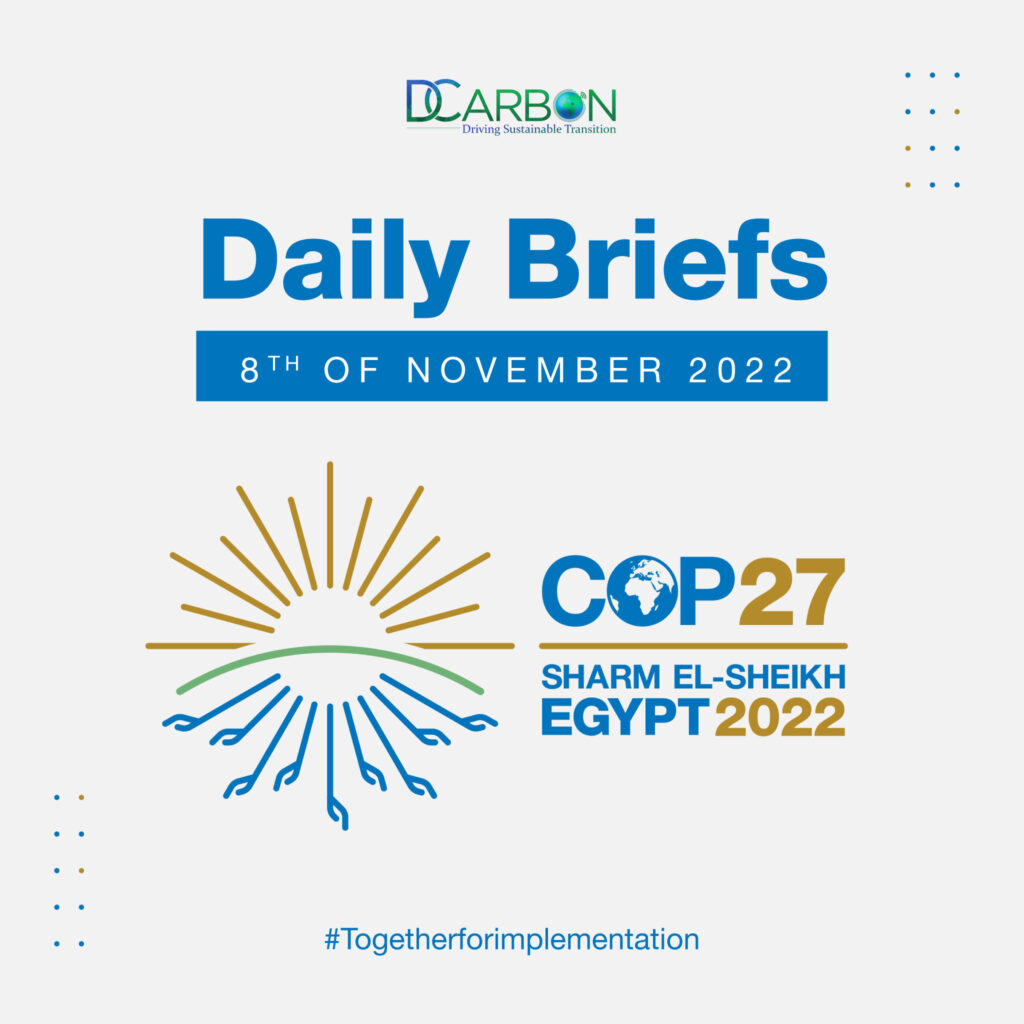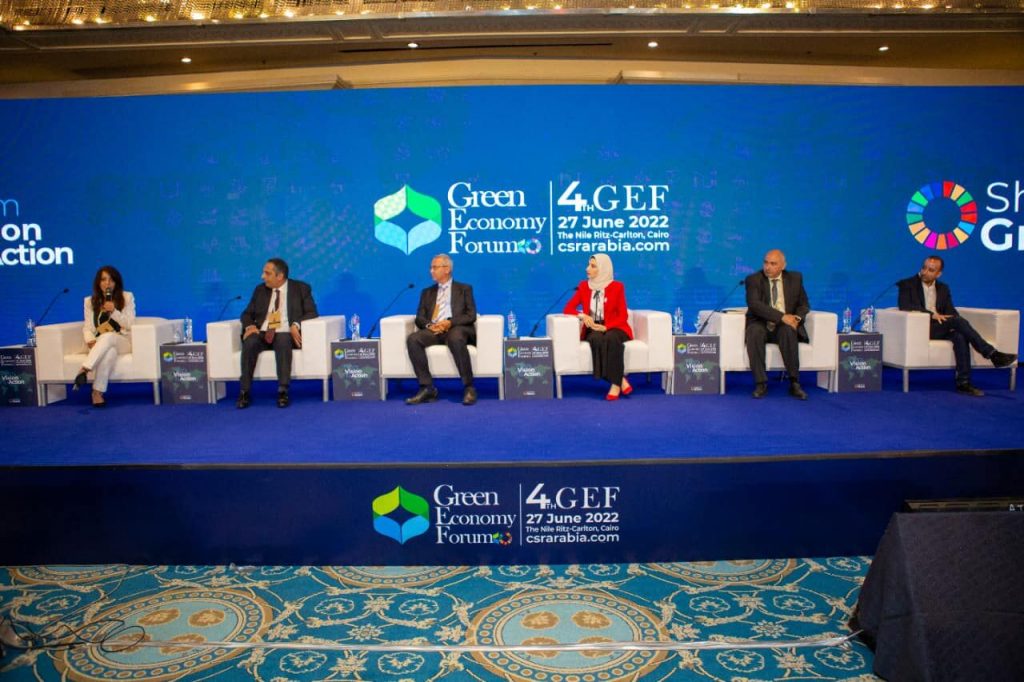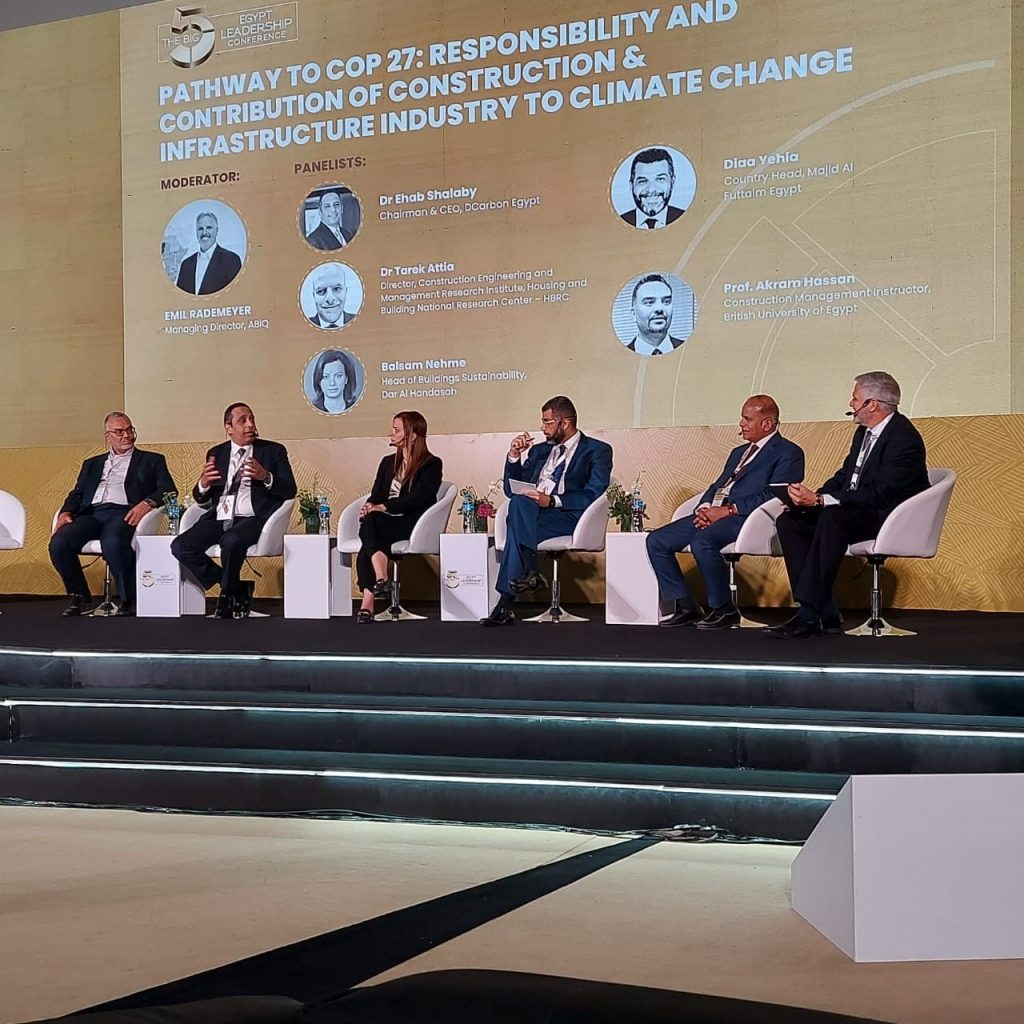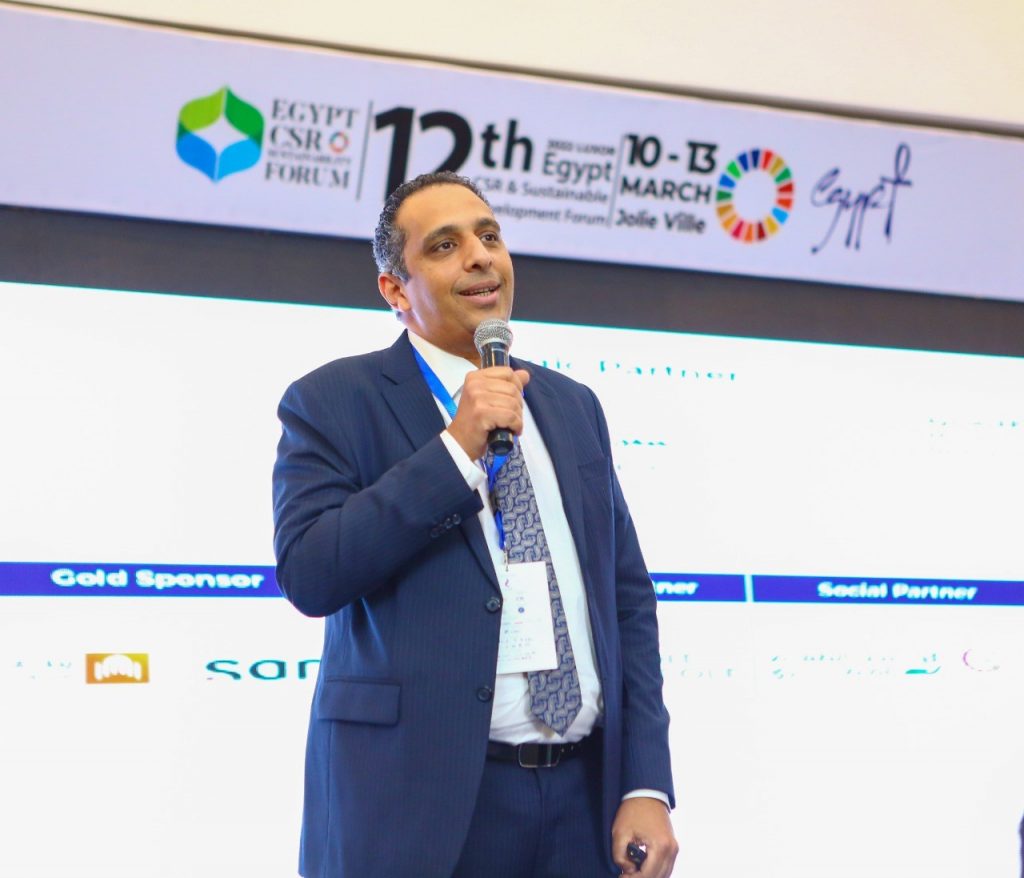Climate action requires coordinated and ambitious commitments
pledges, initiatives, partnerships, innovations, and investments
COP27 Presidency launches Adaptation Agenda to build climate resilience for 4 billion by 2030
In response to the devastating impacts of climate change affecting vulnerable people worldwide, COP27 Presidency launched the Sharm-El-Sheikh Adaptation Agenda in partnership with the High-Level Champions and the Marrakech Partnership.
COP27 President Sameh Shoukry announced the Sharm El Sheik Adaptation Agenda to enhance resilience for 4 billion people living in the most climate-vulnerable communities by 2030. The Adaptation Agenda is the first comprehensive global plan to rally both States and non-State actors behind a shared set of 30 Adaptation Outcomes that are required by the end of this decade across five impact systems: food and agriculture, water and nature, coastal and oceans, human settlements, and infrastructure, and including enabling solutions for planning and finance.
In his comments, Dr. Mahmoud Mohieldin the UN Climate Change High-Level Champion for COP27 stated:
“The Outcomes were identified jointly with a broad range of active stakeholders, reflecting existing and new global targets based on science and local knowledge and initiatives. The Outcome targets will continue to be refined and expanded by the High-Level Champions with inputs from State and non-State actors to support their operationalization. At the core of the Outcomes is the recognition that adaptation is often locally-driven and globally relevant while simultaneously needing to address equity, diversity, and justice. This agenda will accelerate the Race to Resilience’s global goal of making 4 billion vulnerable people more resilient by 2030.
Mr. Simon Stiell the UNFCCC Executive Secretary added:
“The Sharm el-Sheikh Adaptation Agenda firmly puts fundamental human needs at its core, along with concrete, specific action on the ground to build resilience to climate change. The Adaptation Agenda outlines multiple actions and combines the commitments of governments and non-Party stakeholders into a joint vision and plan. As the growing number of global climate emergencies clearly shows, focusing on adaptation is crucial. We need all stakeholders on board to deal with climate change’s current and future impacts, and this is a prime example of how that can happen.
Yearbook of Global Climate Action 2022
The High-Level Champions published their Yearbook of Global Climate Action 2022. It outlines what is needed to accelerate sectoral systems transformation, features case studies of real-world climate action projects, highlights some critical global climate action topics – particularly regionalization and accountability – and presents the UN Climate Change High-Level Champions’ contribution to these issues. It also highlights what needs to be achieved in 2023, particularly with regard to the Global Stocktake and the work being done on implementing the improved Marrakech Partnership.
Race to Resilience
Action by businesses, investors, cities, states, regions, and civil societies continues to increase, with 34 Race to Resilience partners from 139 countries taking action to build the resilience of 2.9 billion people, while 26 Race to Zero partners have mobilized more than 11,000 non-State actors. The Global Climate Action Portal, recording a jump of 78% in actors from Asia-Pacific and 67% from Africa, is evidence that climate action is becoming better distributed across the globe.
Al-Sisi launches ‘Egypt Green’ – Africa’s first integrated green hydrogen plant
H.E. President Abdel Fattah Al-Sisi announced and H.E. Norway Prime Minister Jonas Gahr Støre announced the launch of phase -one of the first green hydrogen plant in the Suez Canal Economic Zone (SCZone), on the sidelines of COP27. During the event, President Sisi said that the green transformation represents a promising opportunity to achieve development in all fields. He added that Egypt is moving forward toward being an energy bridge between Africa and Europe, pointing out that Egypt is keen to overcome any investment obstacles, especially in the green transformation sectors.
Al-Sisi further added that the giant project to produce green hydrogen is located in the economic zone of the Suez Canal, to facilitate the export to Europe and other continents. Green hydrogen has the potential to play a significant role in decarbonizing hard-to-abate sectors, such as heavy industries, power, and global shipping, and to provide affordable, accessible, and sustainable energy security for future generations.
The Africa Carbon Markets Initiative (ACMI)
ACMI announced a bold ambition for the continent—to reach 300 million credits produced annually by 2030. This production level would unlock 6 billion in income and support 30 million jobs. By 2050, ACMI is targeting over 1.5 billion credits produced annually in Africa, leveraging over $120 billion and supporting over 110 million jobs. Commenting on ACMI’s ambition, Damilola Ogunbiyi, the CEO of SEforALL and a member of the ACMI’s steering committee, said, “The current scale of financing available for Africa’s energy transition is nowhere close to what is required. Achieving the Africa Carbon Markets Initiative targets will provide much-needed financing that will be transformative for the continent.”
ACMI aims to expand Africa’s participation in voluntary carbon markets by setting an ambition for the continent and developing a roadmap of action programs that will be implemented over the next few years to meet that ambition. The UN Climate Change High-Level Champions are supporting partners in this initiative.
Saudi Arabia presents 66 initiatives to tackle climate change at COP27 in Egypt
Officials said that Saudi Arabia announced 66 new initiatives as part of its environmental plan. The Kingdom has developed the initiatives according to four main pillars: the circular carbon economy, raising vegetation cover and reducing degraded lands, protecting wildlife habitats and biodiversity, and promoting sustainability.
Leading financial institutions accelerate action to tackle commodity-driven deforestation and drive net-zero progress
Progress on Finance Sector Deforestation Action (FSDA) – a results-driven collaborative of over 35 financial institutions representing more than $8.9 trillion in assets under management – has been announced. Signatory investors are engaging with companies and policymakers to tackle commodity-driven deforestation while increasing investments in nature-based solutions (NbS) and promoting convergence across climate and nature-related initiatives. Momentum increases as signatories implement commitments, including engaging with companies and new investors joining, reflecting a growing understanding of the importance of addressing deforestation emissions and investment opportunities.
Funding pledge for loss and damage
An additional £5 million of funding to tackle loss and damage has been announced by Scotland First Minister Nicola Sturgeon at the COP27 climate summit.
In addition, in collaboration with the UN Climate Change High-Level Champions and the Global Resilience Partnership, the Scottish Government today launches a report on practical action to address climate losses and damages for the most vulnerable people and nations. The report identifies the urgency to mobilize increased finance from public and private sources and presents innovative ideas to do this – from debt relief and philanthropy to private investment.





